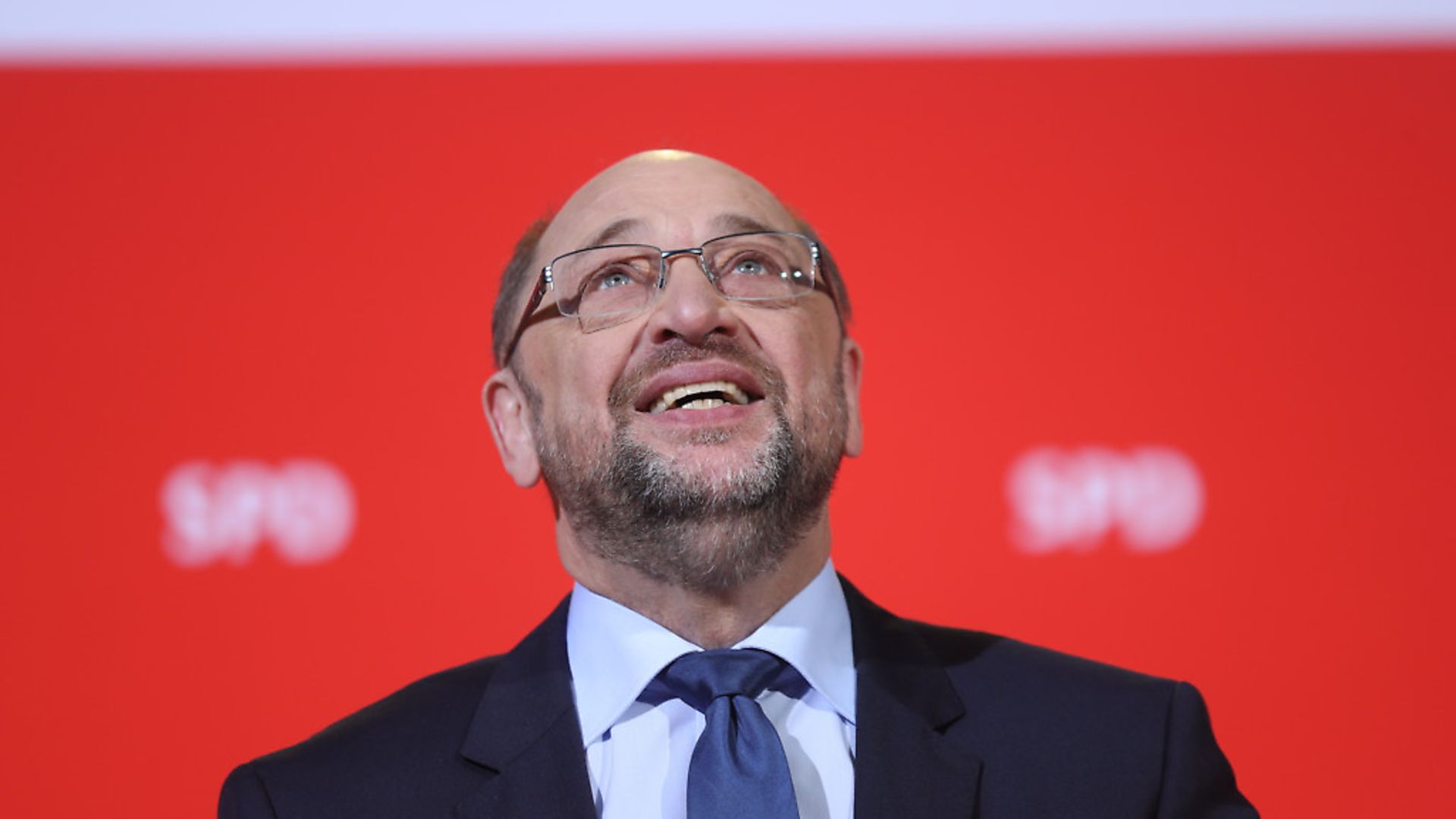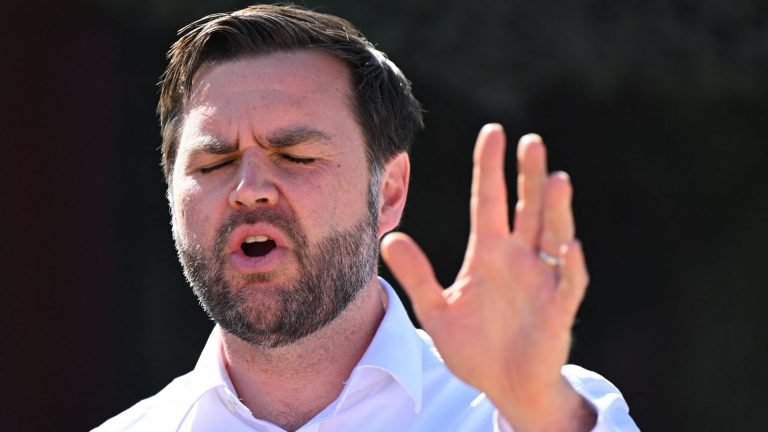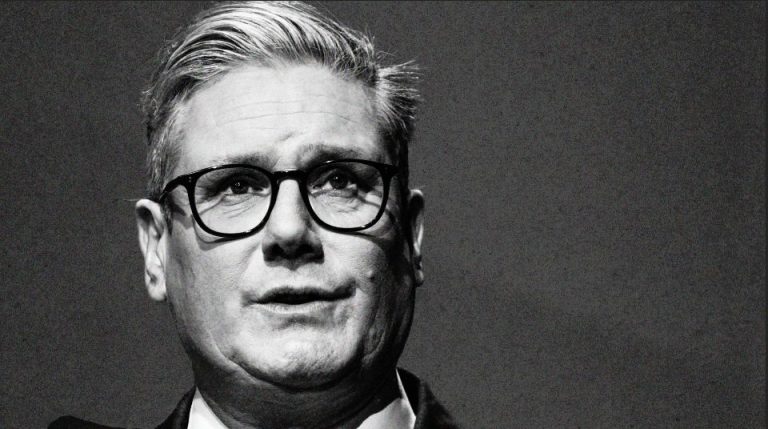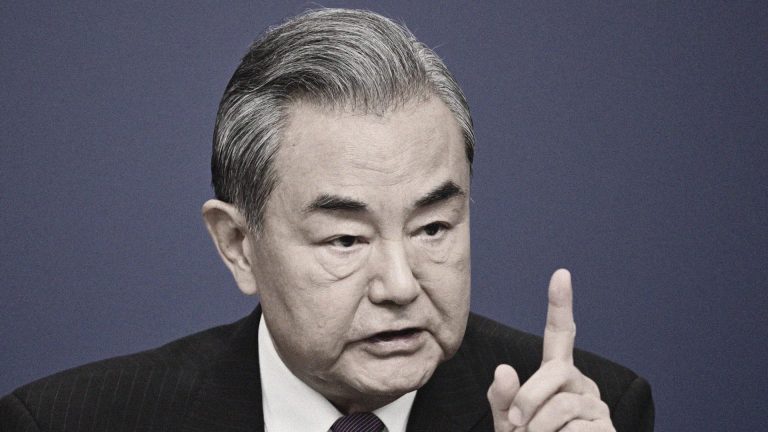
Germany’s new grand coalition seems to have pleased very few people. But for the country’s Social Democrats it is a particular disappointment, says PATRICIA HOGWOOD.
This time last year, Martin Schulz was announced, with great fanfare, as the new leader of Germany’s Social Democratic Party (SPD). As the party’s candidate for chancellor, ‘Saint Martin’ was set to storm the 2017 elections, oust Angela Merkel and bring the SPD back to power.
Twelve short months later, the SPD’s dreams lie in tatters. Its 20% vote share in the September vote was its lowest in the history of the Federal Republic of Germany. After the election, Schulz committed the party to an opposition role, rather than entering another coalition with Merkel’s CDU.
However, when the CDU failed to form an alternative coalition with two smaller parties, Federal President Frank-Walter Steinmeier persuaded Schulz to backtrack on that commitment in the interests of political stability and to work with Merkel on a new ‘GroKo’ (grand coalition). The SPD’s U-turn was felt by many in the party as a betrayal. Since then the SPD’s leadership has imploded, its Young Socialists (Jusos) group has mutinied and the party has been widely ridiculed in the press. Where did it all go so horribly wrong?
In many ways, the downturn in the party’s fortunes mirrors the fate of similar parties elsewhere in Europe. Structural changes in European economies and societies have played out badly for social democrats in general.
Schulz’s dynamic approach and self-styled image as an establishment ‘outsider’ was hoped to spark a fresh connection with the German electorate. But this persona ultimately worked against him. Most of Germany’s party leaders have built a public profile as government ministers at federal level. In contrast, Schulz forged his career largely at the European level. His only notable political post in Germany had been as a small-town mayor.
As such, he was virtually unknown to the German public. Compared with Merkel, Schulz was the invisible man. The ‘Schulz effect’ failed to deliver in key regional elections in Saarland, Schleswig-Holstein and North Rhine-Westphalia, leaving the SPD struggling to reignite its federal campaign.
Worse, Schulz seemed to lack political sense. He boxed himself in with points of principle in the fluid political situation after the election, only to have to retract them later. Having claimed he would never serve in a Merkel government, he later angled for the top job of foreign minister in the new cabinet. His credibility was fatally undermined. His vacillations ultimately contributed to his resignation as party leader.
The deep divisions in the SPD over leadership and policy added to the party’s woes. A recent opinion poll showed that 58% of respondents believed the SPD was no longer fit for government. In spite of its record allocation of ministerial posts, the SPD will enter the new coalition as a weakened force. The designated minister for the Home ministry, the Christian Social Union politician Horst Seehofer, has already exploited the situation by engineering the transfer of construction policy from the SPD’s environment portfolio to his own.
Schulz’s failure has highlighted the need for a generational change in the SPD’s leading elites. The top-down designation of Schulz’s deputy Andrea Nahles as the new leader ignores the Jusos’ demands for greater transparency and democracy within the party.
Inevitably, the coalition agreement between Merkel and the SPD focuses on those issues on which there is the greatest agreement. These included minor reforms to the health service to smooth out the worst inequalities, a focus on digital modernisation and some minor measures to assuage Germany’s emerging housing crisis. These policy guidelines fall far short of the root-and-branch reform that SPD members had hoped for in health and housing.
The new GroKo only cements the SPD’s long-standing problem in forging a policy identity both independent of the CDU and meaningful to a new, stable cohort of voters. To achieve this, it needs to address some of the leading concerns of the working poor in Germany: low pay rates, a long overdue pensions reform; equal access to health services; reform of the education sector; and the entry and integration of immigrants.
• Patricia Hogwood is a reader in European politics at the University of Westminster; this article also appears at www.theconversation.com








